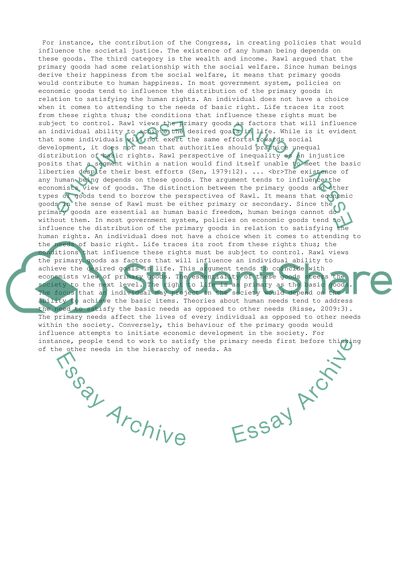Cite this document
(“Contribution of Rawl's promary goods Essay Example | Topics and Well Written Essays - 5000 words”, n.d.)
Retrieved from https://studentshare.org/business/1399070-10-question-on-my-module-call-economics-and-social-rights
Retrieved from https://studentshare.org/business/1399070-10-question-on-my-module-call-economics-and-social-rights
(Contribution of Rawl'S Promary Goods Essay Example | Topics and Well Written Essays - 5000 Words)
https://studentshare.org/business/1399070-10-question-on-my-module-call-economics-and-social-rights.
https://studentshare.org/business/1399070-10-question-on-my-module-call-economics-and-social-rights.
“Contribution of Rawl'S Promary Goods Essay Example | Topics and Well Written Essays - 5000 Words”, n.d. https://studentshare.org/business/1399070-10-question-on-my-module-call-economics-and-social-rights.


